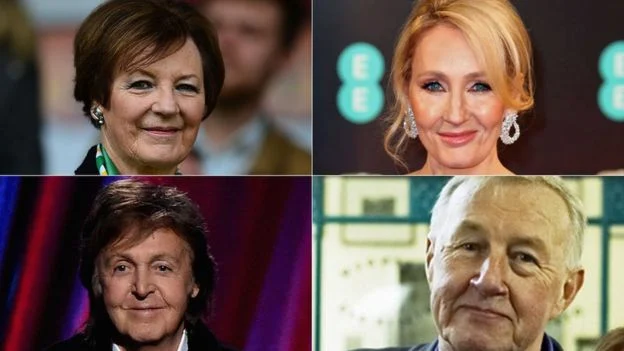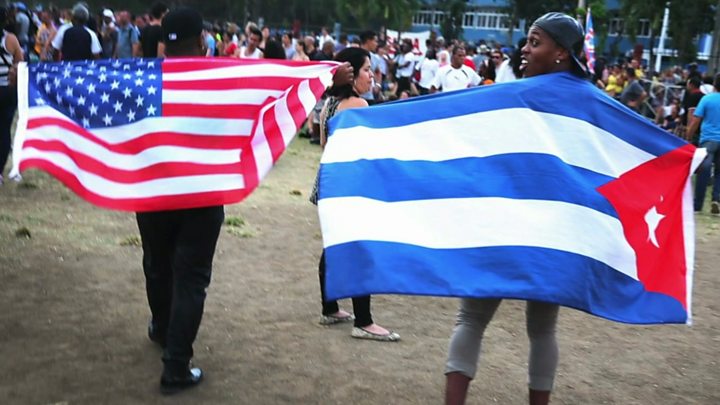Canadian intelligence officials are warning "hacktavists" might try to meddle in the next federal election.
Communications Security Establishment (CSE) officials say Canada is not immune to cyber threats that have targeted a growing number of elections worldwide.
The agency made the assessment in a report looking at Canada's vulnerability to similar threats.
But it predicts efforts will be primarily "low sophistication".
CSE chief Greta Bossenmaier said on Friday that there is a range of online actors at play, from nation-states, motivated by economic and geopolitical interests, to so-called "hacktivists", motivated primarily by ideological interests.
Ms Bossenmaier said that in 2017, 13% of countries holding federal elections have had their democratic process targeted.
The most prominent such incidents in recent years have been in Europe and the US, where Russia has been accused of meddling in the democratic process.
In the US, intelligence agencies have said they believe Russia tried to help Donald Trump win in November by damaging Hillary Clinton, something Russian President Vladimir Putin flatly denies.
In France, newly elected president Emmanuel Macron's incoming emails were hacked and leaked during the recent campaign.
Such activity in Canada represented a "small fraction" of what is going around the world. The CSE notes it has not observed any foreign influence targeting Canadian elections.
The (CSE) is Canada's secretive eavesdropping agency responsible for monitoring foreign signals intelligence and protecting online federal government information and communication networks.
For their report, compiled at the Trudeau government's request, the CSE looked at three potential targets: elections, political parties and politicians, and traditional and social media.
It examined cyber threat activity against the democratic process in Canada and around the world over the past decade.
Online adversaries can attempt to tamper with election results, suppress voter turnout, use information to manipulate or discredit politicians, and to spread disinformation and propaganda.
Ms Bossenmaier noted that the agency had monitored "low-sophistication cyber threat activity" from groups like Anonymous prior to the 2015 general election, but underscored nothing suggested it had any impact.
The agency report says nation-states are the "most capable adversaries" and "have undertaken the majority of the cyber activity against democratic processes worldwide".
It says that whether they target Canada in the general election scheduled for 2019 depends on how they perceive the country's domestic and foreign policies, like those related to natural resources.
Democratic Institutions Minister Karina Gould said that all federally registered political parties have been invited to a briefing on cyber threats this month.
The government is also reviewing existing measures in place to protect critical infrastructure from cyber-threats.
BBC NEWS















